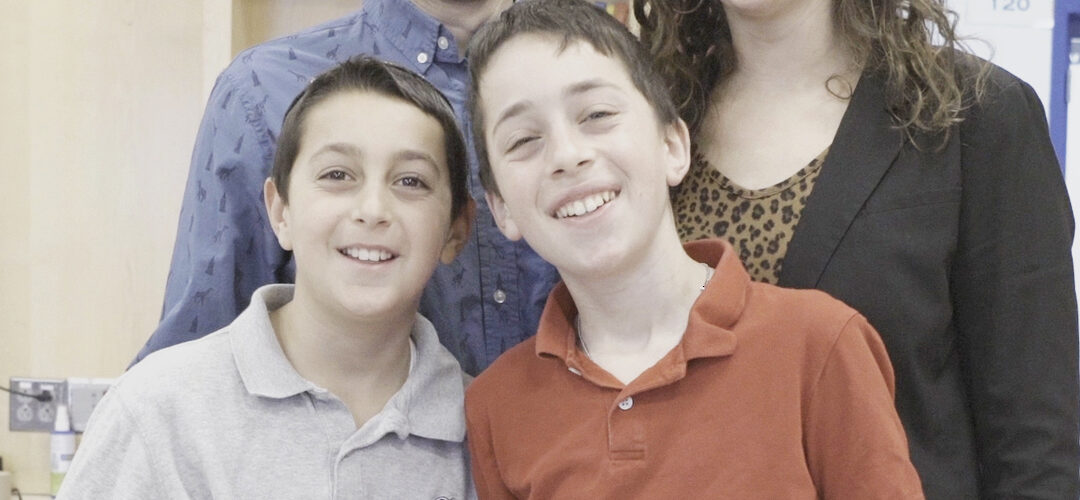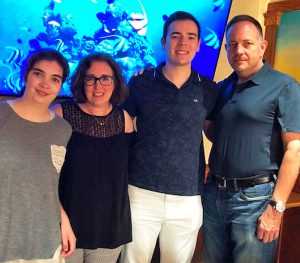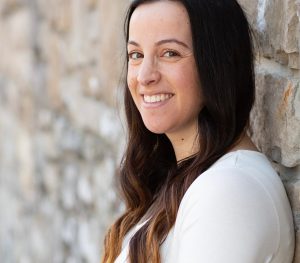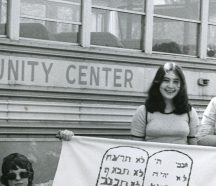Times of Need
The 58-year-old man didn’t know what to do. For 24 years, he supported his wife and eight children through his work at a clothing factory. Then, suddenly, he was laid off. Lacking any other skills, he didn’t know how he was going to pay his bills and began suffering from “nervous depression until all hope, courage and energy were gone,” an article in The Jewish Times reported. His case was referred to the Hebrew Benevolent Society, an organization that had assisted those down on their luck in Baltimore since 1844. The society provided not only monetary assistance but psychological counseling and work advice, so the man could “stand on his own two feet again.”
The idea of addressing more than the basic survival and day-to-day needs of a person and a family but trying to treat the whole issue and solve long-term problems has always been the primary goal of The Associated. “The man of character who is in need, does not want something given to him. He wants an opportunity; he wants to earn his bread and, if assisted, to repay his benefactor,” proclaimed an AJC booklet from 1926.
During the Great Depression, members of the Jewish Social Service Bureau toiled to find people jobs. As campaign chair Harry Greenstein told a crowd at the Hippodrome Theatre in 1931: “Seventy-seven percent of the people who came to the Jewish Social Service Bureau last year had never asked us for help before. They had gone as far as they could, stretching their resources over unbelievable periods. … And even now in their extremity they do not ask for charity, but for jobs.”
Immigrants were hit particularly hard by the Depression and often needed more than financial support because they could not qualify for the federal relief that became available due to of lack of citizenship. In Baltimore, the Hebrew Immigrant Aid Society (HAIS) helped immigrants and their children gain citizenship and receive federal benefits.
During the latter half of the 20th century, The Associated helped individuals whose businesses were burned during the 1968 Baltimore riots and again in 1972 in the aftermath of Hurricane Agnes, when flooding devastated a number of Jewish-owned homes and businesses. During that disaster, the Jewish Family and Children’s Fund provided housing, food, and the necessities of life. It also served as an information and counseling center. “Many people simply don’t know where to go for help to tide them over from this emergency,” read a Jewish Times article from the time.
In 2008, The Associated would face another economic crisis, almost as severe as the Great Depression. Following the stock market crash, businesses would shutter, jobs were lost, and homes foreclosed. Many who had been successful in the past had trouble making ends meet.
Fortunately for the community, The Associated had consolidated many of its social service agencies a year before, so they were in a better position to meet the needs of those suffering from the Great Recession. Jewish Community Services (JCS) would disburse more than $1.14 million in financial assistance in 2008, a 27 percent increase over 2007 and 48 percent over 2006. As unemployment rates reached double digits, job seekers were finding it difficult to find a job and when they did, they often were hired at salaries significantly less than what they had previously been earning.
Subscribe to our newsletter
The Associated is a home for everyone in the Baltimore Jewish community. We offer several email lists to help people find a community, engage with their peers and support Jewish journeys around the world.
Join Our Mailing ListAdd Impact to Your Inbox
Sign up for our newsletter
Subscribe to our newsletter
The Associated is a home for everyone in the Baltimore Jewish community. We offer several email lists to help people find a community, engage with their peers and support Jewish journeys around the world.
Join Our Mailing List









 Please Wait while we loading your video.
Please Wait while we loading your video.